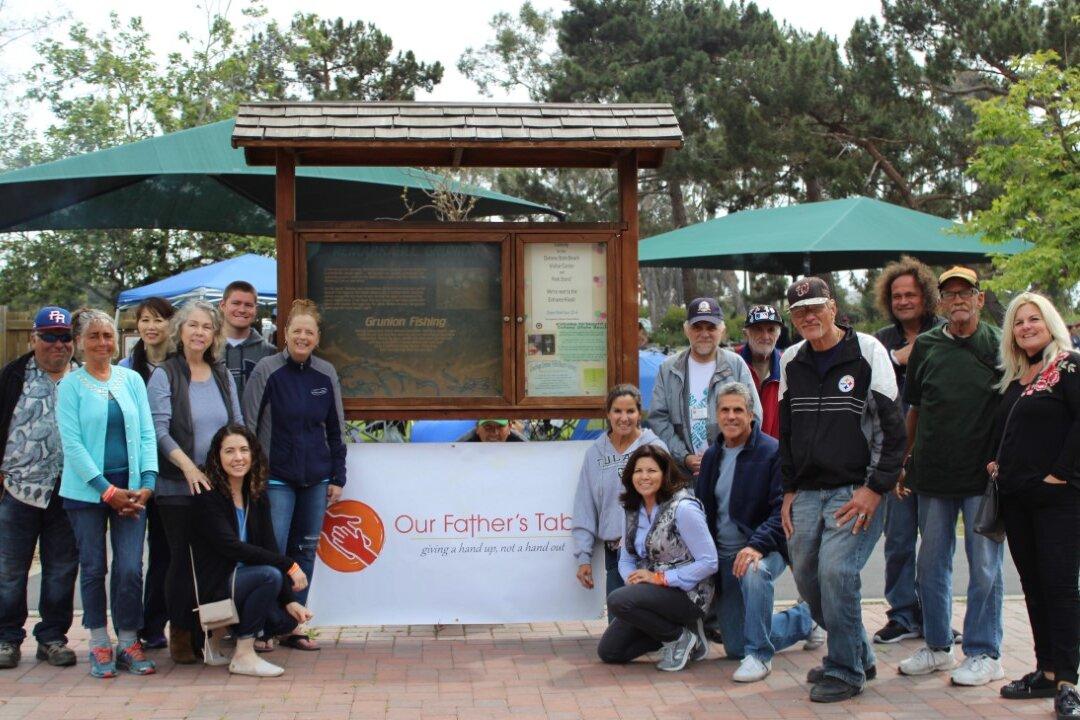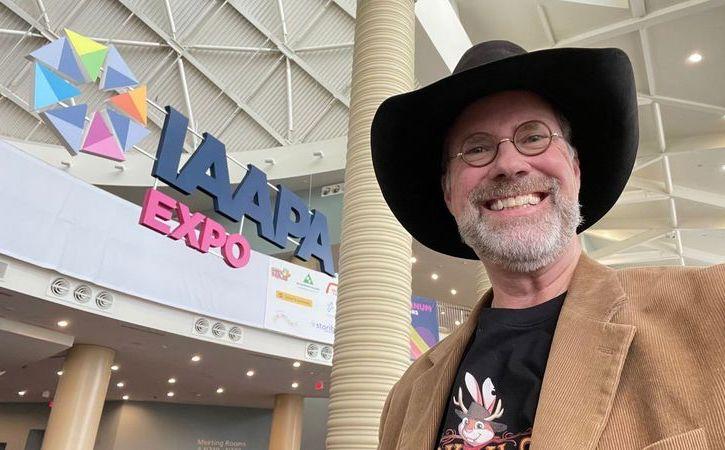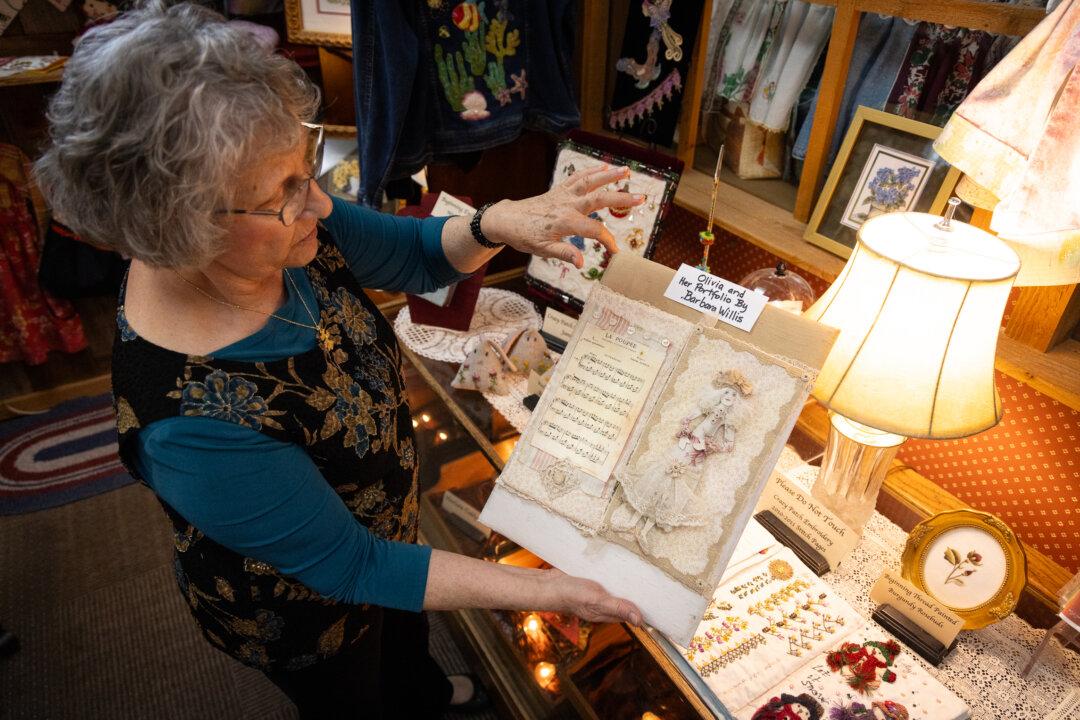For the past six years, volunteers of a Christian-based outreach program have been hitting the streets of South Orange County in a battle against chronic homelessness, providing a bridge between those they serve and local homeless assistance agencies.
According to its website, Our Fathers Table’s (OFT) programs and services “are designed to bridge the gap between the homeless and local homeless assistance agencies with the goal of permanent supportive housing and a second chance at happiness.”





